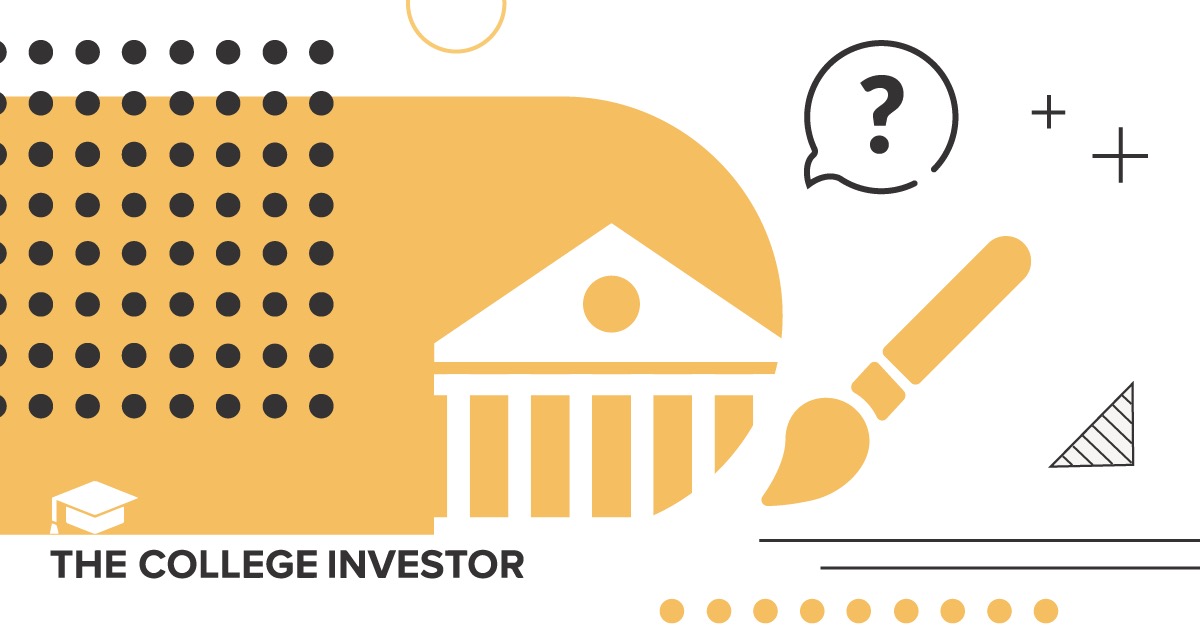
A liberal arts college is a four-year school that provide students with a broad academic base, and helps students become thoughtful citizens of the world.
Liberal arts schools also emphasize smaller class sizes to allow for deep discussions and encourage intellectual curiosity.
Each school has slightly different focuses, but all share a common goal of helping students to become free thinkers. Here’s what you need to know about liberal arts colleges.
The Goal Of A Liberal Arts Education
Liberal arts has nothing to do with the political spectrum. Liberal doesn’t refer to political affiliation, rather it refers to “freedom” or free thinking. Liberal arts is also not confined to fine arts such as drawing, sculpture, dance, and music. Instead, it refers to any skillful activity that can be refined over time.
A liberal arts education exposes students to a broad range of issues, methods, and ideas so that they can develop a solid intellectual grounding across a broad range of disciplines.
Students who attend a liberal arts school may choose a major or a concentration, but half or more of their classes will be in areas outside of their primary concentration. This allows students to develop interdisciplinary thinking, and to learn to make connections outside of a predefined way of thinking.
Many people praise liberal arts as a great way to develop students into free-thinkers, global citizens, and people who can tackle complex problems.
What Can You Do With A Liberal Arts Degree
While the goal of becoming a free-thinker may sound appealing, many people are unsure what they can do with a liberal arts degree. Can a liberal arts degree prepare you for the “real world", where you’ll be expected to make a living and solve practical problems. How does a liberal arts degree help with that?
The reality is that liberal arts degrees don’t prepare you for the world of careers or business the way that nursing, social work, computer science, or business analytics degrees prepare you for a specific type of job. Finding your first job may be a bit challenging because employers can’t easily decide whether you’re qualified for the entry-level position.
Some liberal arts schools have relationships with businesses, consulting companies, or non-governmental organizations. These relationships can make it easier for liberal arts students to step outside the academic world and into their first job. Other schools tend to have lots of students who are accepted into elite graduate programs or law schools. These programs may prepare students for a more specific type of job.
Liberal arts students develop skills associated with thinking, written communication, and verbal communication. They are also equipped to use tools from a multitude of disciplines. These skills can help liberal arts graduates thrive while working in a large business, as an entrepreneur, in government, or the non-profit sector.
Understanding The Cost Of A Liberal Arts College
In general, liberal arts schools are more expensive than other post-secondary education options. The majority of the 20 most expensive colleges in the United States are liberal arts schools that emphasize professors who are teachers first, and researchers second.
As a result, liberal arts school funding comes primarily from student tuition money and university endowments rather than research grants or public funding. And most liberal arts schools are private schools which cost four to five times as much as public universities.
If you’re hoping to attend a liberal arts college or university, but you can’t stomach the amount of debt you’ll need to take on, consider looking for school-specific scholarships. In some cases, you may be able to reduce the cost of a liberal arts degree by completing some coursework at a community college. But this strategy only works some of the time. Many liberal arts schools want students to have the benefits of small class sizes and a breadth of experience during their first years on campus. You may struggle to transfer to a liberal arts school as a sophomore or junior. Explore those options at your target school before committing to the community college path.
The direct cost of a liberal arts degree isn’t the only cost to consider. Many graduates decide to attend graduate school for additional vocational training. If a liberal arts degree will limit your job prospects, you may decide that pursuing an advanced degree is the better path for you. But you’ll also need to consider that additional cost.
Are Liberal Arts Schools Worth It?
Given their high cost, it's worth asking whether a liberal arts degree is worth the cost. It takes four years, and nearly $200,000 (assuming you pay sticker price at a private college) to get a liberal arts degree. You could get a nursing degree, a social work degree, or an engineering degree from a top research university in the same amount of time for a fraction of the cost.
According to research from the American Association of Colleges & Universities, graduates with engineering degrees tend to out-earn all other types of graduates at graduation and throughout their working careers. Those with other STEM degrees earn the next most.
Graduates with concentrations in the Social Sciences, Humanities, or other “Liberal Arts” fields earn similar salaries to those who get pre-professional or professional degrees. And these earnings are markedly lower than the other types of degrees.
But earnings may not be the only thing to consider. Thanks to Public Service Loan Forgiveness, graduates who want to work in government, education, or other forms of non-profit service may qualify to have their student loans forgiven in 10 years while working in a career that may be very rewarding.
Other liberal arts students may pursue high-earning careers such as working as a business consultant, financial manager, or computer developer. While getting a foot into the door of these jobs may prove challenging, earnings tend to be comparable regardless of educational background. If your earnings prospects are important to you, pursue internships and work opportunities during your undergraduate experience.
Alternatives To Liberal Arts Schools
If a liberal arts education doesn’t sound right you, there are alternatives. Some top alternatives include:
- Community College: Community colleges offer two-year programs that can prepare you to finish a bachelor’s degree or give you job-specific training in certain fields such as Aviation & Airport Management, Dental Hygiene, or even certain forms of nursing.
- State colleges and universities: Publicly funded state colleges and universities offer four-year programs that allow you to major in just about anything. Many public universities require a broad-based education similar to liberal arts schools. However, the class sizes at a state school are likely to be much larger than at a traditional liberal arts school.
- Research universities: Research universities are ideal for people who want to pursue a degree in the natural sciences or select social sciences (such as economics or psychology). Professors are typically experts in their fields, and labs and other equipment tend to be top-of-the-line. Research universities prioritize giving students opportunities to do research in their field of study. A research university is generally a large, public university.
Beyond attending a post-secondary program, you can also start working, form a business, or join the military right out of school. Remember, you can always return to college as an adult.
Should You Pursue A Liberal Arts Education?
Ultimately, the decision to pursue a specific educational path is a personal one. A liberal arts education is less likely to pay off in a financial sense, but the other benefits may be worthwhile. If you choose to pursue a liberal arts degree, make sure you have a financial plan to pay off your student loans in a timely manner, even if you don’t earn bundles of money.

Hannah is a wife, mom, and described personal finance geek. She excels with spreadsheets (and puns)! She regularly explores in-depth financial topics and enjoys looking at the latest tools and trends with money.
Editor: Colin Graves Reviewed by: Robert Farrington